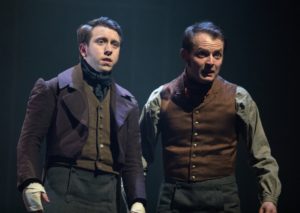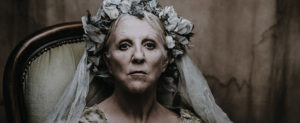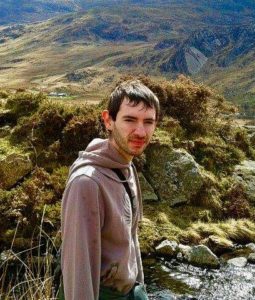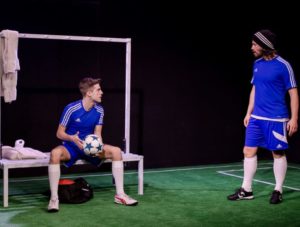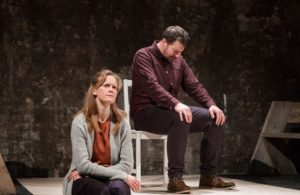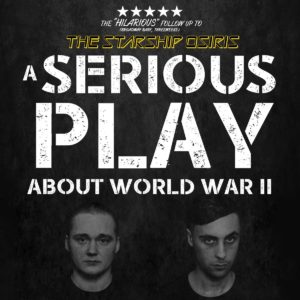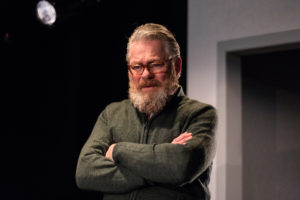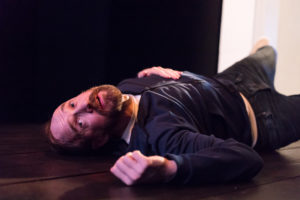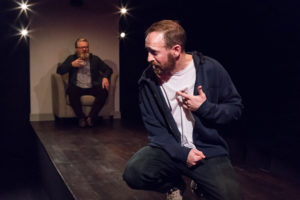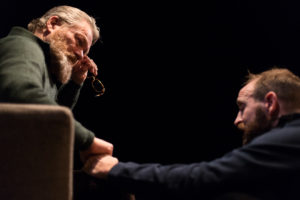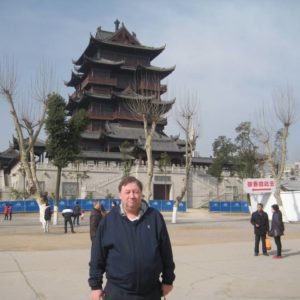Hi Matt, can you give our readers some background on this new production?
In 2012 I became a father and, it might be a bit of a cliché but, it changed the way I saw the world. It changed the kind of work I want to make and who I wanted to make it for. As our daughter grew we took her to see lots of different types of children’s theatre from Theatr Iolo’s baby show, Out of the Blue to Peppa Pig, Mr Tumble to pantomime; and it started me thinking about what kind of work I’d make for children. When we were making Light Waves Dark Skies in 2016 my partner Jacqui (production manager), Nia (producer) and me were having a conversation about the bedtime stories we read our children, and their traditional view of the world.
It surprised us that in the 21st century the majority of children’s books still have a very stereotypical view of gender roles. How many stories have a Princess waiting to be saved by Prince or a girl who likes sparkly dresses and a boy who gets muddy? There are of course great exceptions to this and a growing range of literature that tries to redress the balance.
ThanksMatt, how did this then lead into the development of this new show?
Over the course of our conversations an idea started to form, so when we began to discuss what our next project would be I had my pitch ready. “I think we should develop a show for young audiences based on Rapunzel, where she doesn’t need saving by the prince” – and from these little seeds Last autumn we spent three weeks researching and developing the show at Blackwood Miners Institute and WMC, who came on board as partners in the project. We started to play with ideas for narrative, images, songs and worked with a parenting group in Caerphilly to help us understand what works for children and what they (and their adults) want. We’re now in the exciting / nervous part, where set designs are being finalised, marketing materials agreed and I’ve just got an email confirming all the cast have accepted; so now we just have to make the show!
All rehersal photographic credits Kirsten McTernan
As a company how do you create and develop your work?
The company’s name, We Made This, tries to make explicit that making theatre is a collaborative act. So whilst I’m the director the best ideas might (and often do) come from someone else – be that a performer, stage manager or audience member. I’m in the process of distilling what we learnt in the R&D into a rehearsal script, it’ll be more fluid than if we’d commissioned a writer, and will have big gaps in it for us to fill in during rehearsals – but that’s part of the excitement.
It sounds like you embrace the risk?
For me making theatre is a live process – which should surprise me. So it might have been my idea, but if it turned out exactly as I’d imagined it I’d be disappointed – as I wouldn’t have allowed all the other brilliant ideas and minds in the room to shape the work and make it the best it can be. It’s undoubtedly riskier than a more traditional process, and each time we make a new piece we try to refine the process, and learn from our previous mistakes, but for me the end result is so much richer for it.
Family productions are often many audience members first points of access to live theatre. Is this something you ever consider when developing new work?
Yeah, absolutely. It’s one of the reasons I wanted to make a show for children and families. I want there to be people in the audience who haven’t been to the theatre before, and we’re working with our partners to make that happen. I still remember my first experience at the theatre as a child – panto at Loughborough town hall. And I want the work we’re making to have a lasting impact on the audience – the experience will be memorable and sensory, complex not simplistic.
The marketing materials for the production reference lots of popular fairy tales. With increased competition for live performances from on demand TV like Netflix. Do you think theatre can offers something different for audiences from film and TV?
There’s a massive difference between being in a room and sharing an experience with an audience and sitting at home watching something on iPlayer. I will happily spend an evening in front of the TV, catch up on something I’ve missed or watch an old series on All4, but being in a space with a group of other people, watching the same thing is different. Theatre is an ephemeral experience. It’s about what happens there and then. You can’t see it again the same way. What I see, is a different view to you – we direct what you see but can’t control it in the same way – it’s a very much more sensory and immediate experience.
The production has BSL/Relaxed performances and a Touch Tour can you please tell us more about these and why you feel these are an important part of your offer for audiences?
I think providing these performances should be the norm, particularly in work for families and young audiences. If we want to ensure that children grow up with access to quality work we need to ensure that family work is accessible. Watching Cbeebies, you see makaton and BSL used, so why not in live performance?
It’s also important to say that these are the more visible ways in which access is supported. We’ve worked hard through the development of the project to try and make the show accessible to as wide a group as possible. So that means working with groups who might not normally consider going to the theatre and asking their opinions, it means making the ticket price accessible, and it means writing about the show in a way which is including rather than full of arts speak and buzz words.
Thanks Matt and finally can you sum up the production for anyone interested in attending?
I can try! This Easter join us with Rapunzel, her Mam, and her new friend Daf in the forest as they set off on an adventure, for which they’ll need your help. The Girl with Incredibly Long Hair is a new family show from We Made This which reimagines the story of Rapunzel for our times. You can catch the production on the dates and times below:
Blackwood Miners’ Institute
4 April, 4pm
5 April, 11am & 3pm
6 April, 11am (Relaxed Performance and Touch Tour)
Weston Studio, Wales Millennium Centre
10 – 15 April, 11am & 3pm
13 April, 11am & 3pm (BSL Interpreted Performances)
14 & 15 April, 11am (Relaxed Performance and Touch Tour)
Tickets and Information: wmc.org.uk


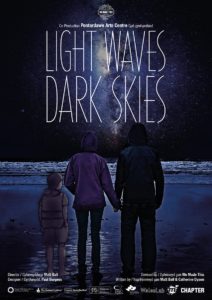
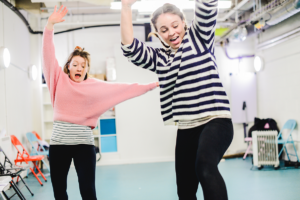
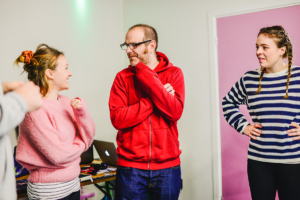


 (5 / 5)
(5 / 5)
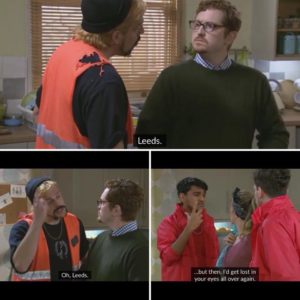






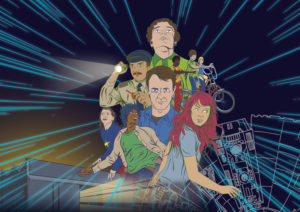






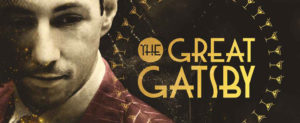
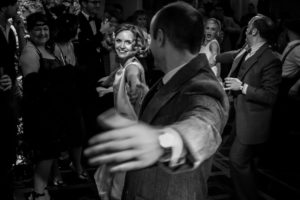
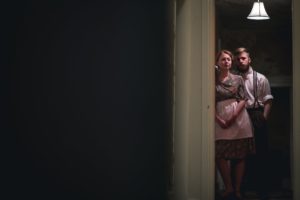

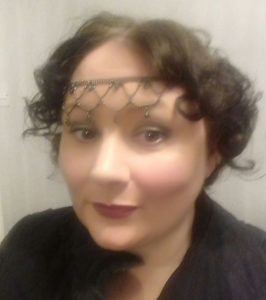
 (3 / 5)
(3 / 5)
